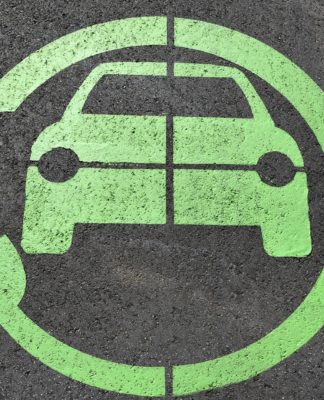
Asia is snapping at the heels of the United States for venture capital dollars, with China leading the charge. Total funding hit $70.8 billion last year in Asia, just shy of America’s $71.9 billion (PwC/CB Insights MoneyTree Report). And China is drawing capital like flies to honey: Funds are flowing for everything from electric cars, and their charging stations, ride sharing, and just about anything else you could think of.
Ride sharing is an especially hot topic, as Didi Chuxing, the Chinese equivalent of Uber/Lyft, just received another $4 billion in funding, totaling $56 billion and putting them just behind Uber as the largest ride sharing app in the world.
But the world in general is starting to catch up to the United States’ once insurmountable lead: Global venture capital funding has risen almost 50% to $164 billion invested across 11,042 deals (as was reported in the PwC survey). Asia saw funding more than double, while the U.S. saw only a 17% rise, and deal volume fall to 5,052.
Which is the lowest the United States has seen in nearly six years.
And things won’t be slowing down for Asia anytime soon: Startups like handset maker Xiaomi are now looking to move into public markets. Why? Liquidity is increasingly available, and tech companies in particular, like China’s largest tech titans Tencent and Alibaba, are seeing their prices shoot through the roof.
Alibaba and Tencent also play a major role in supporting these Chinese, and other Asian startups. Tencent specifically is spending considerably more than traditional investors. Corporations such as these, now with their own VC branches, were responsible for, or at least involved in, more than 1/3 of all the deals that took place in Asia in 2017.
The future will be (look) perfect
Besides ride sharing, what other industry is enjoying the spotlight? Artificial intelligence (AI), of course, as the interest in humanoid robots increases: Research and production of AI saw a rise in financing last year, up to $5 billion, in the United States.
Genomics (the science focusing on the structure, function, evolution, mapping, and editing of genomes) saw a major increase as well, to $2.5 billion, which means the world of Gattaca could come sooner than we think.
So who’s lagging behind? Europe, Europe, and Europe. Despite a 40% rise in financing (up to a comparatively paltry $17.6 billion across 2,483 deals), they’re still nowhere close to generating the venture capital dollars seen further west, and much further east.
Read next: Why St. Paul’s push to become a tech hub isn’t so farfetched
















